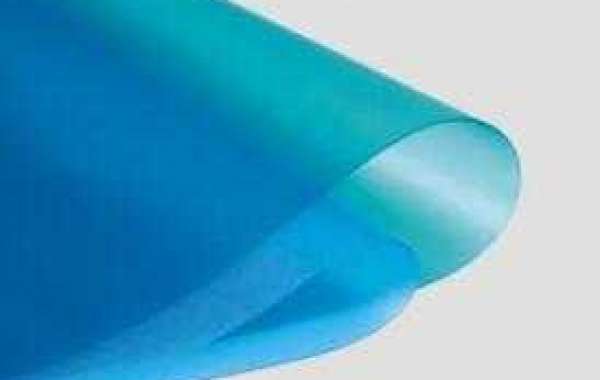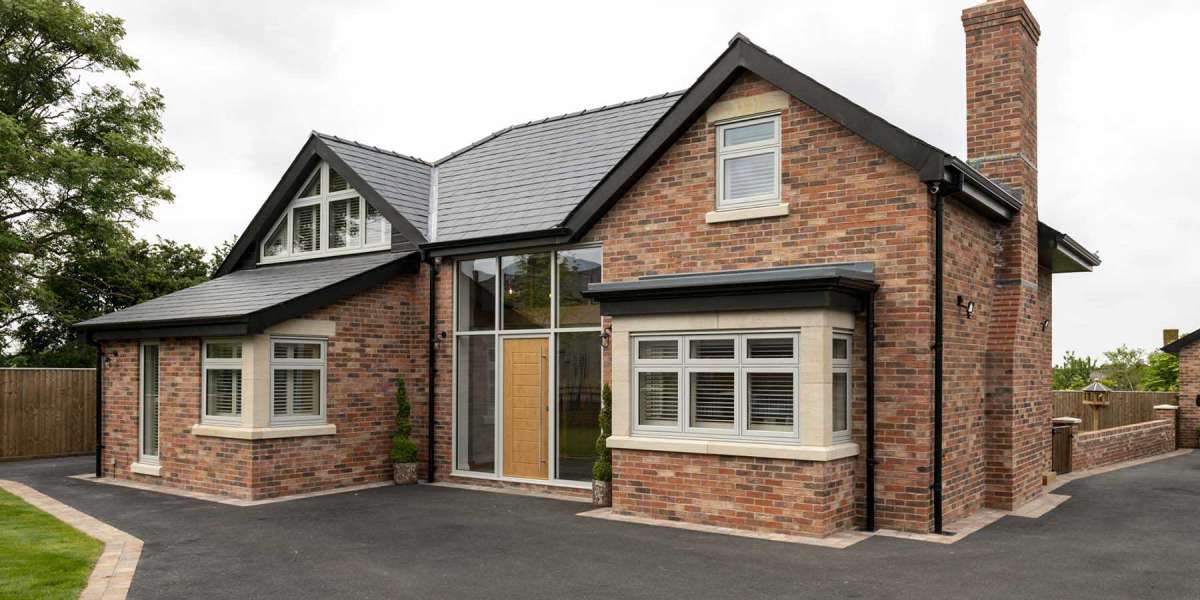Polyvinyl butyral, or PVB, is a thermoplastic polymer, and PVB films made from it are often used on the back end of automotive parts, such as the interlayer between two pieces of glass on a car window. But he can also be used in 3D printing technology.
First and foremost, one of the most important aspects is the temperature required for printing. PVB can be printed at fairly low temperatures, most similar to PLA and PETG. Typically, PVB filaments require nozzle and bed temperatures of approximately 215 °C and 75 °C, respectively. PVB also requires a relatively low bed temperature of 75 °C compared to the typical 100-110 °C required. (The bed temperature of printed material is usually close to its glass transition temperature, the temperature at which it begins to melt.) Therefore, PVB is not suitable for outdoor components that will be exposed to the sun because it is not very heat-resistant.
Second, PVB does not require any specific hardware (neither an enclosure nor a direct-driven extruder setup) to print well.
Third, like PETG, PVB can also be considered a hygroscopic material because it tends to absorb a lot of moisture from the air, which reduces the performance of the plastic. To solve this problem, we recommend drying your PVB filament before printing and using a dry box to store it.
PVB is inherently transparent and is ideal for making objects that require light to pass through, such as lamp shades. While PVB is naturally a very transparent material, parts 3D printed with PVB will not be as clear as the glass used for car window interlayers. In addition to being naturally clear, PVB is soluble in certain chemicals, especially isopropyl alcohol (IPA). This means that you can post-treat parts printed in PVB with IPA or other chemicals to soften the exterior of the part, just as acetone is used to treat ABS. Its chemical solubility provides PVB materials with two main benefits: adhesion and smoothness.
Jiaxing Fuying Composite Materials Co., Ltd. is a mono solar panels manufacturer and supplier in China. It sells PV solar panels and other products.








